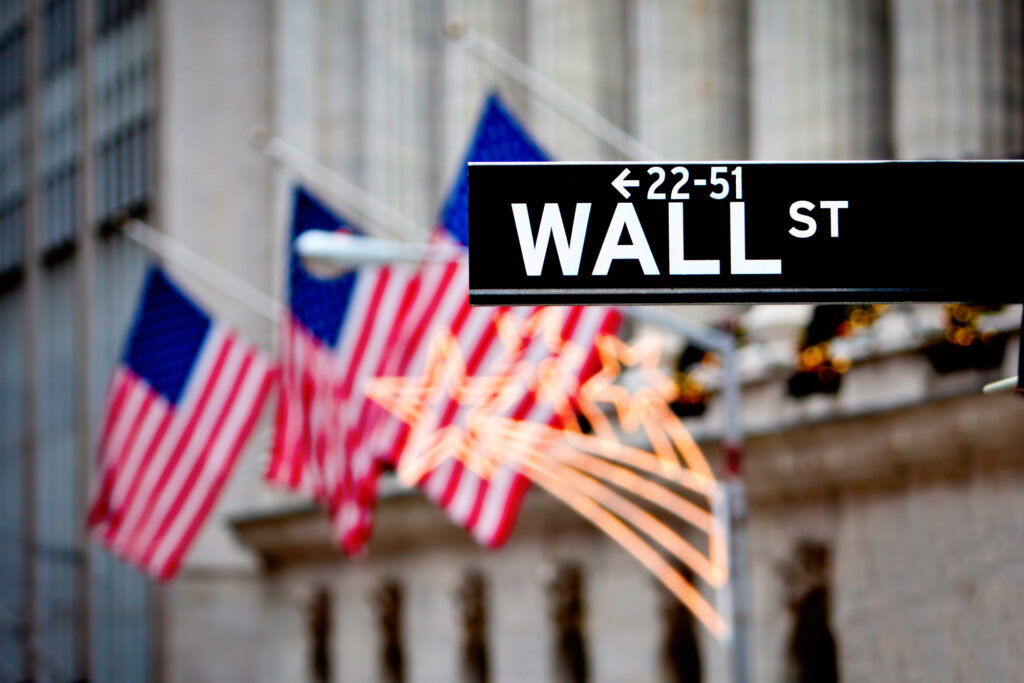In an effort to reduce the risk seen in the GameStop scandal of 2021, in which retail investors suffered significant losses, Wall Street’s top regulator on Wednesday adopted rules tightening the time frame for stock trades.
In a move that would probably prevent cryptocurrency platforms from playing a crucial marketplace role, the U.S. Securities and Exchange Commission (SEC) also proposed changing the regulations governing client assets held by investment managers.
In a 3-2 vote, the SEC opted to shorten the time between when a securities order is placed and when a trade concludes can lessen the kind of “systemic risk” spotlighted in early 2021 when the share price of the consumer electronics retailer GameStop Corp (GME.N) plummeted amid intense market volatility.
Six years after a previous SEC rule shortened the period from three days to one business day, trade groups have generally praised the commission’s proposal to do the same.
In a comment submitted to the SEC, Cornell University Law Professor Birgitta Siegel stated that market participants’ eagerness to switch to the shorter settlement cycle “will help expedite the transition and overcome any obstacles,” such as pricey system updates and industry-wide changes to processes.
However, industry participants have complained that the SEC is moving too quickly to require compliance. The new rule becomes effective on May 28, 2024, which is later than the originally proposed effective date of March 31, 2024, but earlier than they would like.
Hester Peirce and Mark Uyeda, both Republican commissioners, voted against the change due to the short transition period.
The SEC staff stated in a report on the circumstances surrounding the early 2021 GameStop trades that the likelihood of a buyer or seller defaulting—by refusing to make a payment or turn over shares sold—increased the longer a trade remained unsettled.
Trading platforms are frequently required by clearing houses to make large margin deposits to offset such risks, which can result in costs that soar during times of market stress and volatility.
GameStop’s stock price plummeted after its prior volatility forced trading platform operators like Robinhood Markets Inc. to make multi-billion dollar margin calls (HOOD.O). In response, Robinhood and other companies prohibited users from purchasing the stock.
A shorter settlement cycle should see fewer defaults and thus help cut margin deposit costs, thereby reducing the chances of such a scenario recurring, according to the SEC.
The commission proposed new guidelines for investment advisers, who can only keep custody of client funds or securities if they adhere to safety standards. The proposal was approved 4-1.
The SEC’s proposed draught would apply these guidelines to all client assets, including digital currencies.
Assets belonging to investors must be kept by advisers with a company deemed to be a “qualified custodian.” Reuters has previously reported that SEC enforcement staff have been questioning registered investment advisors about whether they are adhering to those current rules when it comes to clients’ digital assets.
The proposal would stop many cryptocurrency platforms from acting as these custodians by mandating independent audits and making sure that client’s assets are held in accounts that are segregated from one another to protect them in the event of bankruptcy.
That would make it more difficult for hedge funds and private equity firms investing in digital assets on behalf of clients to work with crypto firms.
“Make no mistake. Based upon how crypto platforms generally operate, investment advisers cannot rely on them as qualified custodians,” SEC chair Gary Gensler said in a statement about the proposal.


